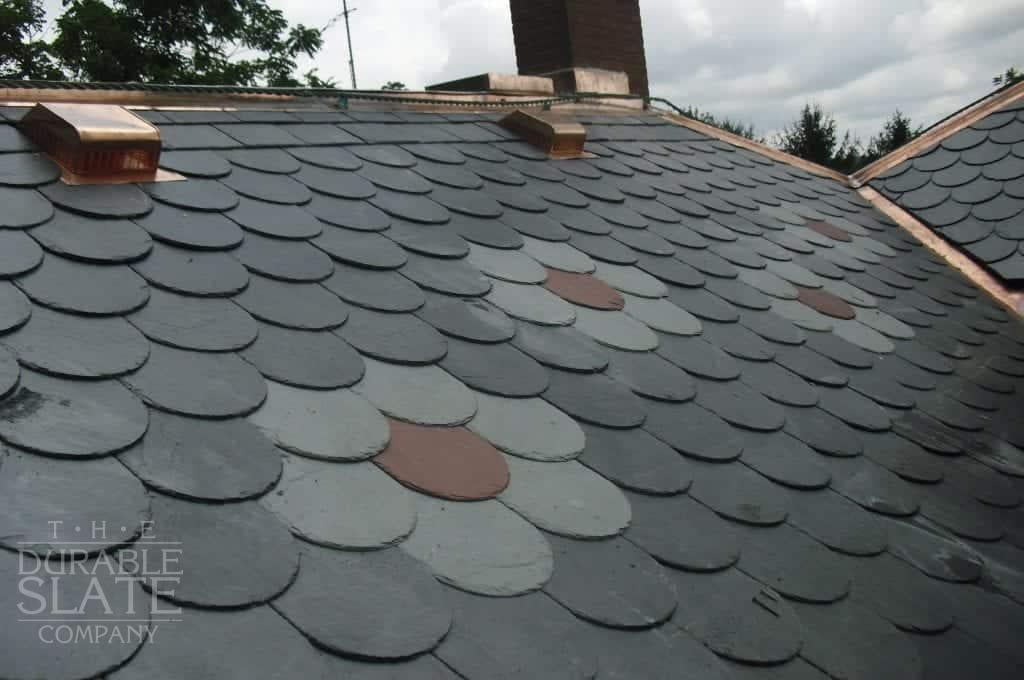A story in today’s Dispatch Business section advises those with damage caused by this week’s wind storm should call quickly to get help from the overworked roofers, electricians, tree-trimmers and handymen being called to action.
The storm damaged hundreds of homes and businesses, and about 167,500 American Electric Power customers were without power at the height of the storm Tuesday night and Wednesday, according to the story by Tracy Turner. Compouding the workload, many repair shops are still working through jobs that piled up after the September wind storm damaged thousands of central Ohio homes.
“Our priority is to handle those people with holes in their roofs, to do emergency dry-ins until we can get them repaired,” said Amber Gallihar, of Durable Slate Co. in Columbus. “We’ll do a lot of them over the next few days. The sooner people call, the sooner they can get on the list for inspection and repair.”
Here are some tips for those still without power:
Safety first
- Dress in layers to stay warm, even indoors, and be sure to keep your head covered.
- Don’t try to move downed power lines. Call the local utility or police.
- Avoid using candles, particularly near flammable materials. Never leave them unattended.
- If you use a generator, be aware that it should never be used in a house or garage because it produces carbon-monoxide exhaust. Shut it down and let it cool before refueling.
Food safety
- Food in a refrigerator generally is safe to use for about four hours after the power goes out, if you keep the door closed. Perishable items such as meat, soft cheese, milk, eggs, leftovers and deli items should be pitched if the temperature inside rises above 40 degrees.
- If the freezer is full, food probably is safe for 48 hours. If it isn’t, food probably is safe for about 24 hours. Food can be refrozen safely if ice crystals remain. When in doubt, throw it out.
Protect your pipes
- To help keep pipes from freezing, keep a trickle of water running in bathroom and kitchen sinks. Opening cabinets, especially those along outside walls, can allow residual heat in the house to reach vulnerable pipes.
- If the house is nearing 40 degrees, it might be best to drain the pipes. To do so, turn off the water heater and main water supply, open all faucets in the house and drain the system by keeping the valves open. Drain all toilets by holding the lever down until the tank empties.
Getting in and out
- If you have an electric garage-door opener, use the manual release lever to allow the door to be opened and closed manually.
- Keep your vehicle’s fuel tank at least half full because gas-station pumps run on electricity.
Next time
Did you have an emergency kit when your power went out? Make sure you have these supplies on hand before the next outage:
Battery-operated radio; flashlight; matches; extra batteries; wood for the fireplace, if you have one; nonperishable food; bottled water and juice; extra prescription medications; and items for babies and those with special needs.
Sources: Ohio Committee for Severe Weather Awareness; OSU Extension; Ohio Department of Insurance


